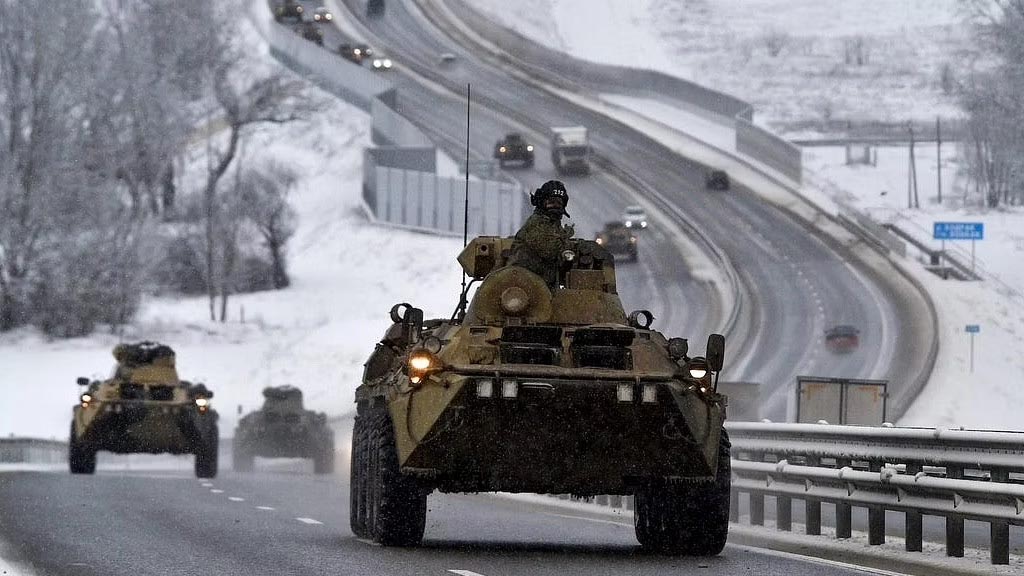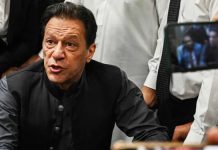Rana Tahir Shahbaz
War adversely affects combatants and non-combatants alike, both physically and emotionally .Death, injury, malnutrition, illness, and disability are some of the most threatening physical consequences of war, while post-traumatic stress disorder (PTSD), depression, and anxiety are some of the emotional effects. The terror and horror spread by the violence of war disrupts lives and severs relationships and families, leaving individuals and communities emotionally distressed. Putting aside the very real human cost, war has also serious economic costs – damage to infrastructure, a decline in the working population, inflation, shortages, uncertainty, a rise in debt and disruption to normal economic activity. If a country is devastated by war and the capacity to produce goods is sharply reduced, it can create the circumstances of hyperinflation as governments desperately print money to try and deal with the lack of goods. War can often lead to higher prices of oil because major conflict can threaten supplies. During war we often see a rapid rise in public sector debt.
Pakistan’s economic situation may suffer its ability to weather conflict during a time of escalated tensions. Like an opinion, the answer to the question of Pakistan’s next stance on Russia-Ukraine war has many layers. The strong and firm response by Pakistani Prime Minister has sent uncertain waves among the country’s financial market as the stock market has already started to respond negatively due to hesitant future of the country’s relations with the western bloc. With the same position with Europe and India, Pakistan, in future, can face a ban of Imports /exports of medicines, machinery, technology etc; then we will be in difficult situation in Business Continuity System and even at government level; disturbance to thousands of Pakistani families living there. No doubt, Pakistan is not a slave of Europe which could be stated diplomatically. What if Pakistan suddenly suffers with all restrictions? Experts are wary of Pakistan’s eyeballing the western bloc and fear that consequences of which may have a major impact on Pakistan’s position and the country’s efforts to gain diplomatic support from the west, in getting itself out of the FATF grey list. Lessons are to be learnt from Russia-Ukraine war.Think about it, if Western Tech Giant such as Google/Apple/Microsoft/Meta/Oracle/IBM/Cisco/Ericsson are halting business with Pakistan or withdraw from Pakistan, how we can make life as normal.
Prime Minister Imran Khan’s visit to Moscow amid the Ukraine crisis came under great scrutiny. Many political analysts questioned the timing of the visit, as it presumably gave the wrong signals about where Pakistan stood diplomatically in the Russia-versus-West confrontation. A dominant theme running in the print and electronic media in Pakistan was that Khan’s visit was planned months in advance, that it was for concluding the negotiations over gas pipeline construction, and that it had nothing to do with the Russian invasion of Ukraine. Pakistan’s situation is less severe but more critical, however, the challenge for Pakistan will be to strengthen ties with Russia without alienating Western trade partners. Pakistani prime minister is preparing to make “important visits” to Western countries after hosting a meeting of foreign ministers of the 57-nation Organization of Islamic Cooperation (OIC) in Islamabad later this month.

















